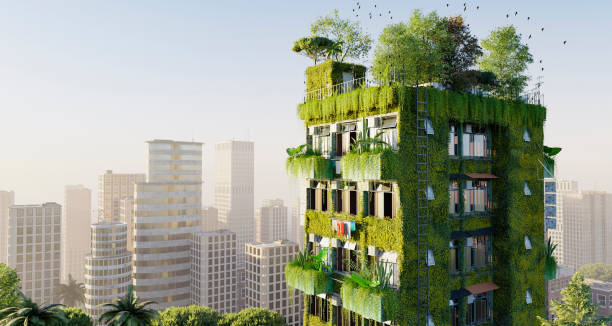The Sociocultural Significance of Urban Gardening
Urban gardening is a growing trend, transforming concrete jungles into green, thriving ecosystems. But beyond its environmental benefits, it's also shaping our societal fabric in unexpected ways. This article delves into the sociocultural implications of urban gardening and how it's redefining community bonds, changing our relationship with food, and fostering a more sustainable future.

Urban Gardening: A Brief Historical Overview
The concept of urban gardening is not new. In fact, it dates back to ancient civilizations where city dwellers cultivated gardens for sustenance and aesthetic pleasure. Fast forward to World War II, when victory gardens sprouted across cities to address food scarcity. Today, amidst climate change and a global pandemic, we are witnessing a resurgence of this practice, but with new sociocultural dimensions.
Tending to Community Bonds
One of the most profound impacts of urban gardening is its role in fostering community relationships. Shared garden plots often become social hubs, where neighbors engage in collaborative work, exchange gardening tips, and celebrate harvests together. This shared sense of purpose and achievement strengthens community ties, and in many cases, even bridges cultural and generational gaps.
From Consumers to Producers: A Paradigm Shift
Urban gardening is also shifting our relationship with food. As city dwellers harvest their own vegetables and herbs, they transition from passive consumers to active producers. This shift fosters a deeper understanding of food origins, seasons, and sustainability, and often leads to healthier eating habits. Moreover, it challenges the industrialized food system and advocates for local, organic produce.
Green Cityscapes: Transforming Urban Environments
Urban gardening has also become a powerful tool for environmental transformation. Rooftops, balconies, and vacant lots morph into patches of green, contributing to biodiversity, improving air quality, and reducing urban heat island effects. This not only improves urbanites’ quality of life but also fosters a sense of environmental stewardship among city dwellers.
Cultivating a Sustainable Future
Finally, urban gardening is a catalyst for a more sustainable future. It promotes resource efficiency, as many urban gardeners adopt composting and rainwater harvesting practices. It also nurtures a culture of resilience and self-sufficiency, essential attributes in a world grappling with climate change.
In conclusion, urban gardening is more than a recreational pastime—it’s a sociocultural movement with far-reaching implications. It’s reshaping our cities, communities, and mindsets, seeding a more sustainable and interconnected future.






